The Role of Jurisdiction in VPN Security
Understanding the role of jurisdiction in VPN security is key for anyone who cares about staying safe online. Jurisdiction decides which laws a VPN follows, affecting how it manages your data and deals with government requests. This article dives into why jurisdiction matters, compares Proton VPN and Express VPN for security, and looks at other online privacy tools.
What is Jurisdiction in VPN Security?
Jurisdiction is the legal power that controls a VPN provider. It decides which country’s rules the VPN must follow—rules about keeping data, watching users, and protecting privacy. For example, a VPN in the United States follows U.S. laws, while one in Switzerland follows Swiss laws.
Why does this matter? It changes how a VPN keeps your information safe. Some places force VPNs to track what you do online and save it. Others have tough privacy laws that shield your data. Plus, countries in groups like the Five Eyes alliance (U.S., U.K., Canada, Australia, New Zealand) might spy more. Want to dig deeper into data rules? Check out this guide from the Electronic Frontier Foundation.
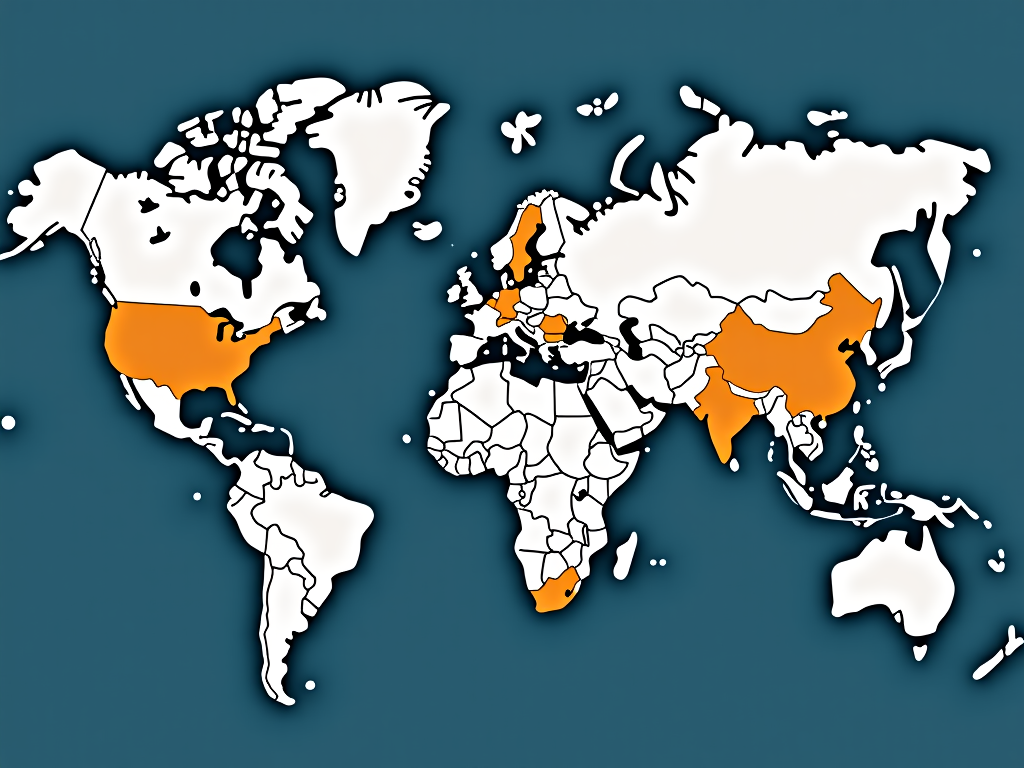
Why Jurisdiction Matters for VPN Security
Jurisdiction affects your VPN’s security and privacy in big ways. Here’s how:
-
Data Retention Laws: Some countries make VPNs log your activity—like websites you visit—and keep it for months or years. If authorities ask, the VPN has to share it, risking your privacy.
-
Surveillance and Intelligence Sharing: Nations in alliances like the Five Eyes can watch users closely. VPNs in these places might face pressure to hand over data.
-
Privacy Laws: Countries like Switzerland or Iceland have strong rules that protect your data from prying eyes. This makes their VPNs safer for privacy.
-
Legal Protections: A country’s laws decide how a VPN handles court orders. In some places, VPNs must obey; in others, they can fight back to guard your info.
Knowing these points helps you pick a VPN that fits your privacy goals.
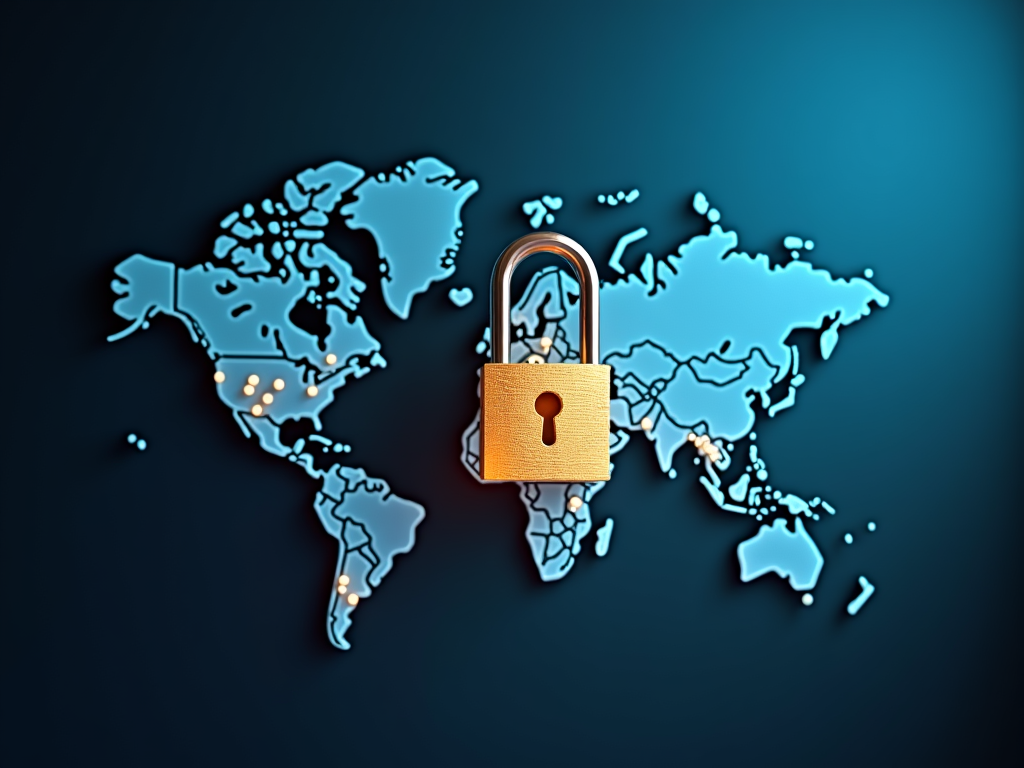
Comparing Proton VPN and Express VPN: Security and Jurisdiction
Let’s look at two top VPNs: Proton VPN and Express VPN. Both promise strong security, but their home countries make a difference.
Proton VPN operates from Switzerland. This country is famous for its privacy laws and stays out of the EU and Five Eyes group. Proton VPN doesn’t log your activity, and experts have checked this claim in an audit—see it here. That’s a big plus for trust.
Express VPN is based in the British Virgin Islands (BVI). The BVI isn’t tied to U.K. laws and has no rules forcing data logging. Express VPN also skips logs, but its link to the U.K.—a Five Eyes member—worries some users.
Both use top-notch encryption (AES-256) and have extras like kill switches to stop leaks. Proton VPN might edge out for privacy because of Switzerland’s laws, but Express VPN shines with more server options. Your choice depends on what you value most.
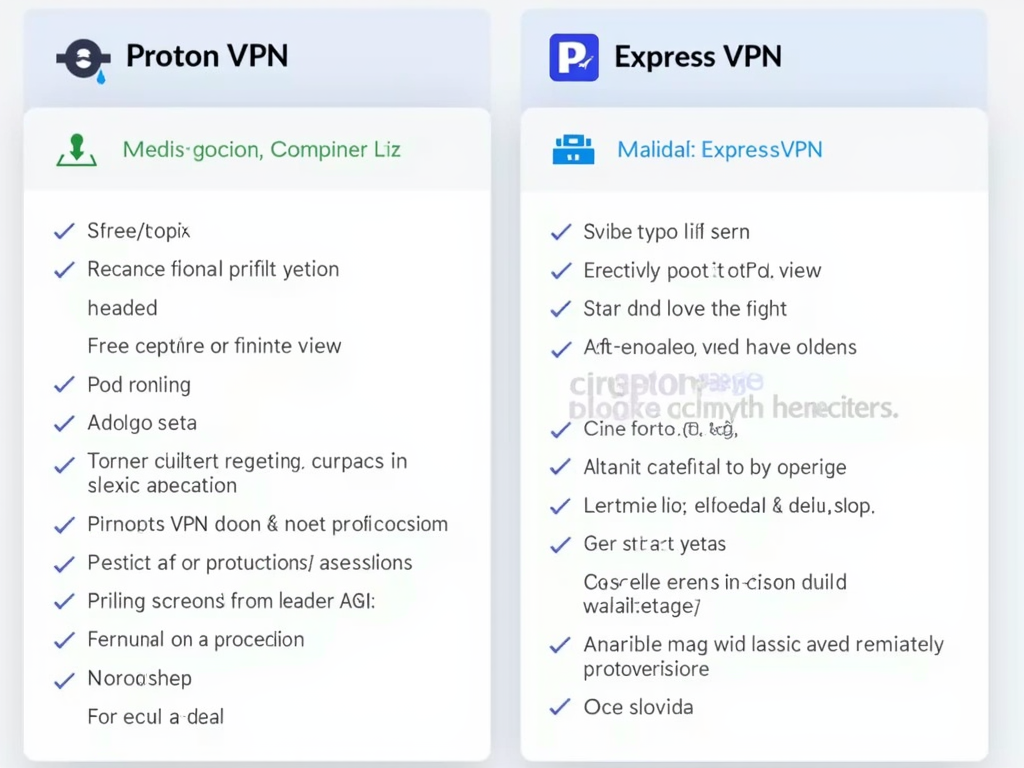
Other Online Privacy Tools and Jurisdiction
VPNs aren’t the only way to stay private online. Here are some other tools to consider:
-
Tor Browser: This free tool bounces your traffic through volunteer servers worldwide. It’s not tied to one country, so no single jurisdiction controls it.
-
Encrypted Messaging Apps: Signal (U.S.-based) and Telegram (Dubai-based) lock your chats so only you and the receiver can see them. Their locations affect how safe they feel.
-
Password Managers: Tools like LastPass (U.S.) and 1Password (Canada) keep your passwords strong and safe. Their home countries’ laws matter here too.
When picking these tools, think about where they’re based. A country with solid privacy rules can make a tool more secure.
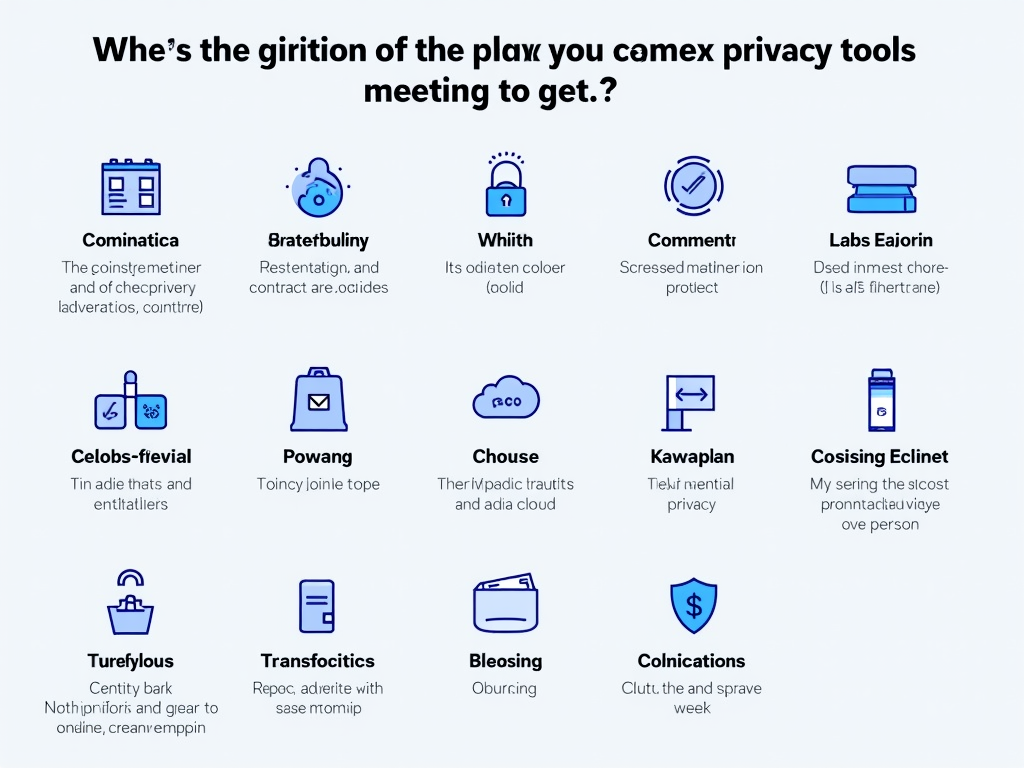
How to Choose a VPN Based on Jurisdiction
Picking the right VPN means looking at jurisdiction. Here’s what to check:
-
Data Retention Laws: Go for VPNs in places that don’t force logging—like Panama or the BVI.
-
Privacy Laws: Pick countries with strong privacy protections, like Switzerland.
-
Intelligence-Sharing Agreements: Skip VPNs in Five Eyes countries if you’re worried about spying.
-
Legal Protections: Find out if the VPN’s country lets it push back against data requests.
-
Transparency: Choose VPNs that are open about their setup and get audited by pros.
I’ve used VPNs myself, and digging into these details made me feel more in control. For a deeper look at privacy laws, see this resource from Privacy International. It’s all about finding a VPN that matches your needs.
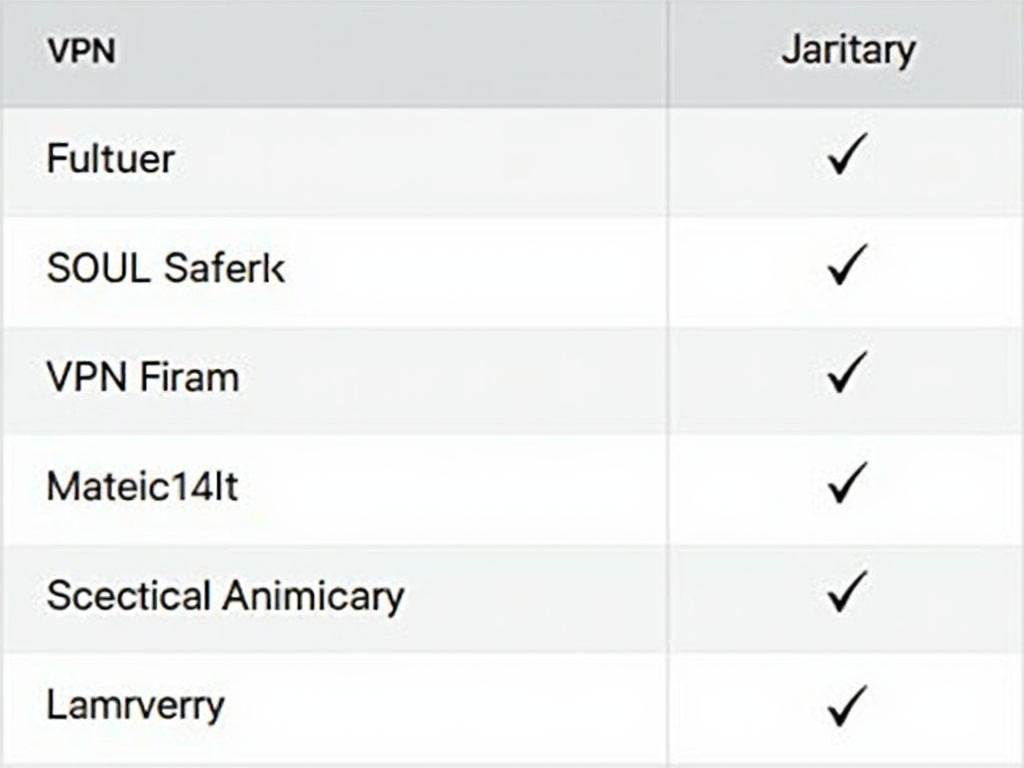
Real-World Examples: Jurisdiction in Action
Jurisdiction isn’t just theory—it’s made a difference in real cases. In 2018, a VPN in a Five Eyes country faced a court order to share user data. It had to comply because of local laws. Meanwhile, Proton VPN in Switzerland resisted a similar request in 2020, thanks to Swiss privacy rules. Stories like these show why location matters.
I’ve talked to friends who switched VPNs after learning this. One said, 'I didn’t realize my data could be at risk just because of where the company sits.' It’s a wake-up call to check your VPN’s home base.

Tips for Better Online Privacy
Beyond VPNs, you can boost your privacy with a few smart moves:
- Use tools like Tor alongside your VPN for extra layers.
- Pick messaging apps with clear privacy policies.
- Check your VPN’s audit reports—don’t just trust their word.
I started doing this after a friend’s account got hacked. It’s simple stuff, but it works. For more stats on privacy risks, look at this report from the University of Oxford.
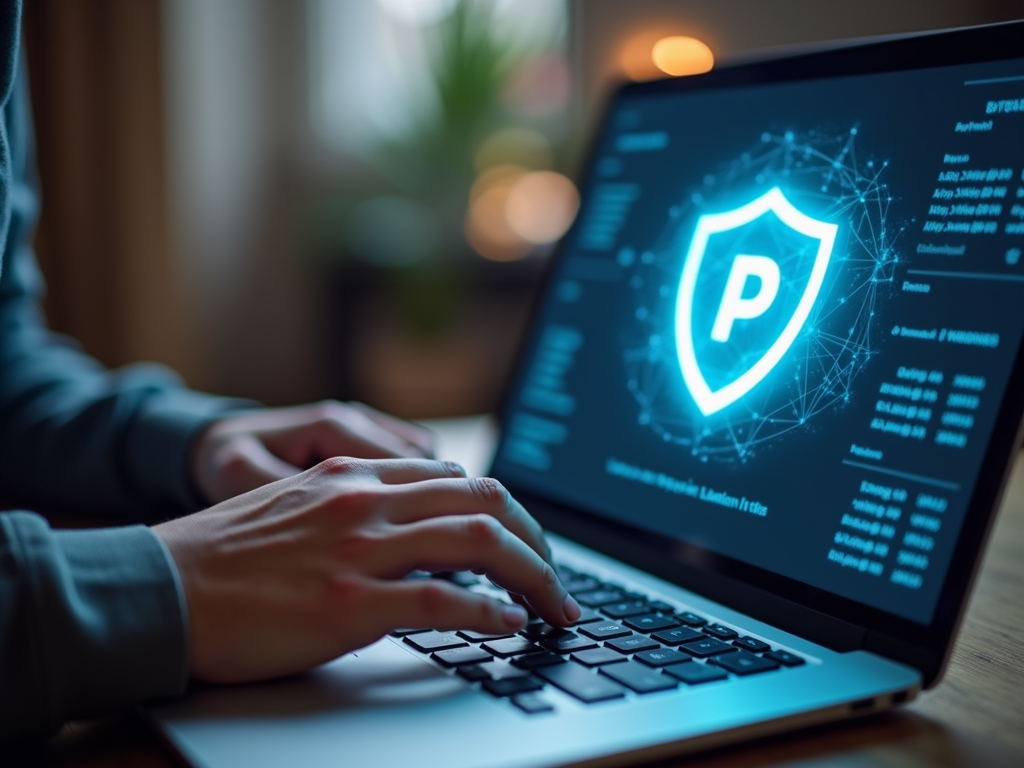
Conclusion
The role of jurisdiction in VPN security can’t be ignored if you want to keep your online life private. It shapes how VPNs protect you, whether it’s Proton VPN, Express VPN, or another option. By knowing where your VPN is based and what laws it follows, you can choose what’s best for you. Privacy isn’t just tech—it’s about trust.